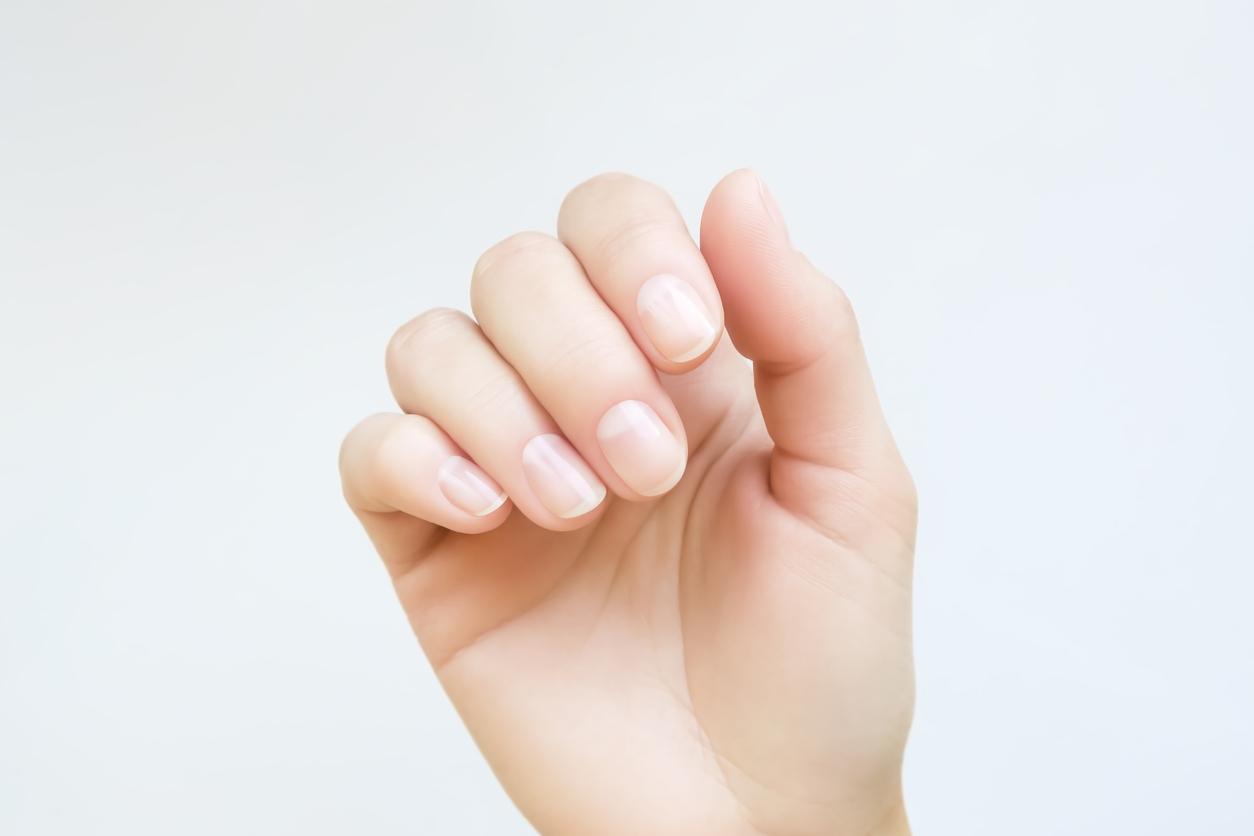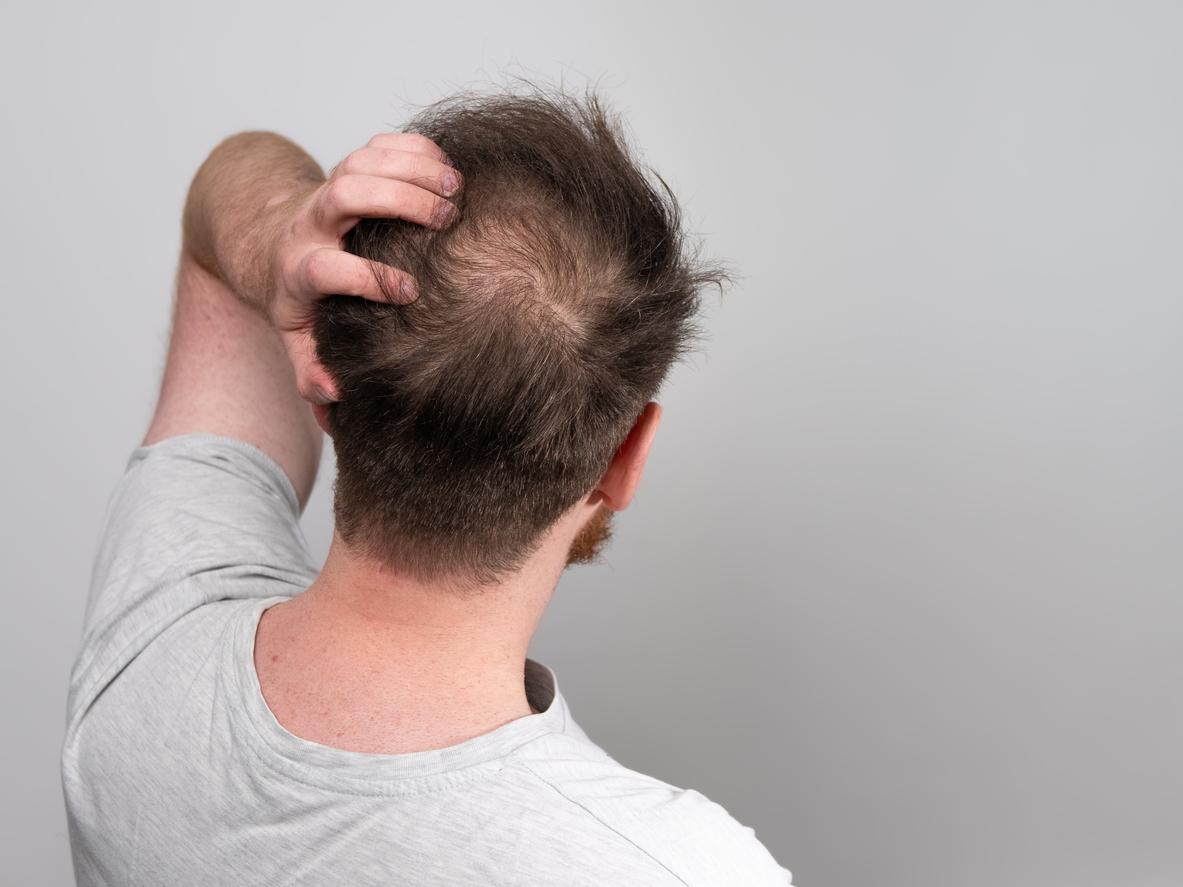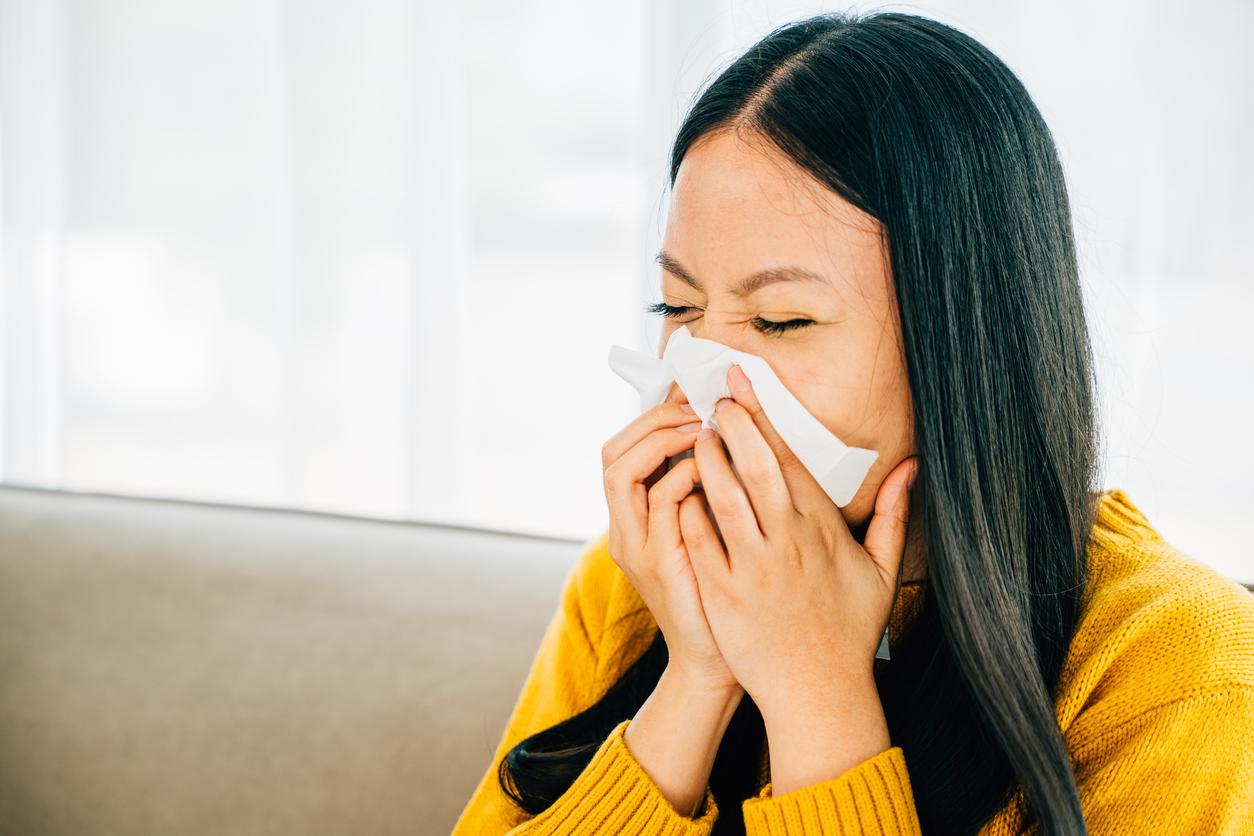It is also known as vagina depression. The vulvodyniais, as the name suggests, a condition of the vulva (“vulvo” = vulva, “dynia” = pain), which manifests as a feeling of discomfort in this area for more than three months. The woman in pain may feel burning or tingling, and this all the more strongly because of contact with clothing, a sanitary napkin or a saddle, or even penetration during a sexual intercourse. It is then a question of dyspareunia.
The cause of this little-known chronic pathology remains a mystery. On examination, the doctor found no lesions. Some practitioners consider it to be of psychological origin. But researchers from the School of Public Health at Boston University (United States) seem to have identified two other leads that could explain this discomfort. And these factors are said to be common to many women. They reveal their findings in a study, published in the Journal of Lower Genital tract Disease last April.
Consistent choices
To reach their conclusions, the scientists looked at the practices of women aged 18 to 40. A total of 213 had been diagnosed with vulvar pain. 221 did not indicate any intimate problem.
They finally noticed that the participants tight jeans followers were more likely to suffer from vulvodynia. When they wore them more than three or four times a week, they were twice as risky as those who never wore them. “Wearing jeans or too tight underwear are causes of intimate infections which have already been officially recognized as factors favoring vulvar pain”, Explain in a press release Bernard Harlow, professor of epidemiology and author of the study.
Moreover, from another aesthetic point of view, women who regularly opted for thefull epilation bikini area also had a 74% increased risk of experiencing chronic pain. “The micro abrasions caused on the skin in the event of intimate hair removal causes inflammation in this particularly sensitive area likely to promote the development of pain, especially in adolescent girls”, develops the researcher.
New studies are still needed to better understand the syndrome and to propose solutions adapted to patients. Today, doctors prescribe anesthetic ointments before intercourse, antidepressants or antiepileptics in small doses, sometimes even perineal rehabilitation, transvaginal electrical nerve stimulation or psychotherapy. Perhaps it would be enough for some to choose straight jeans or a more classic bikini waxing.
Read also :
- No, the vulva of “normal size” does not exist
- Testimonial: I managed to cure vaginismus
















